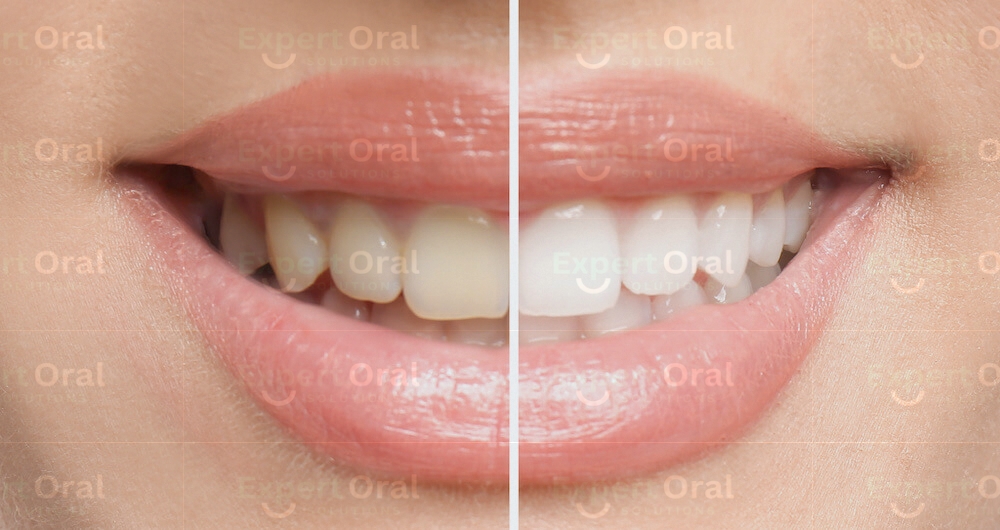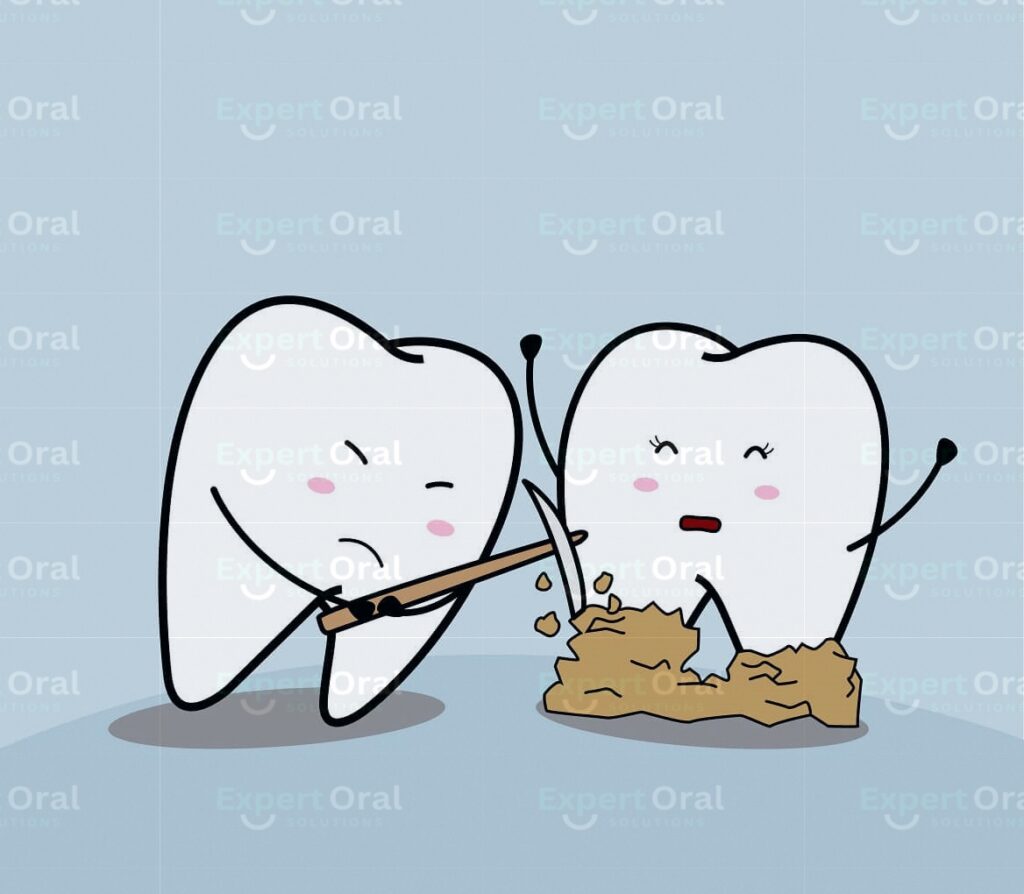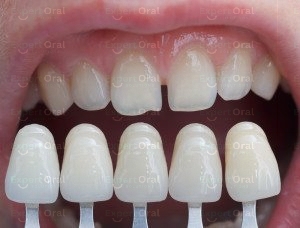Achieving a brighter smile often involves teeth whitening. While the results can be dazzling, the process can sometimes leave your teeth feeling sensitive, causing discomfort. Here’s a look at some home remedies you can try to alleviate post-whitening tooth sensitivity:
Important Note:
- These remedies are intended to provide temporary relief and should not be a substitute for professional dental advice.
- If you experience persistent or severe sensitivity, consult your dentist to rule out any underlying dental issues.
Natural Remedies:
- Desensitizing Toothpaste: Switch to toothpaste formulated for sensitive teeth. These toothpastes often contain potassium nitrate or stannous fluoride, which can help block microscopic channels in the teeth that transmit pain signals.
- Saltwater Rinse: Mix a teaspoon of table salt in a glass of warm water and swish gently for 30 seconds. Saltwater can help reduce inflammation and soothe the discomfort.
Dietary Adjustments:
- Avoid Hot and Cold Beverages: Extreme temperatures can worsen sensitivity. Opt for lukewarm or room-temperature drinks after whitening.
- Limit Acidic and Sugary Foods: Acidic and sugary foods can irritate sensitive teeth. Temporarily avoid citrus fruits, tomatoes, and sugary treats.
- Stick to Soft Foods: Choose soft foods like yogurt, mashed potatoes, and cooked vegetables to minimize pressure on your teeth while they regain their natural sensitivity level.
Additional Tips:
- Use a Soft-Bristled Toothbrush: Brushing too hard can further irritate sensitive teeth. Opt for a soft-bristled toothbrush and brush gently.
- Floss Gently: Flossing is crucial for maintaining oral health, but be gentle around the gum line to avoid further irritation.
- Over-the-Counter Pain Relievers: Over-the-counter pain relievers like ibuprofen or acetaminophen can provide temporary relief from discomfort. However, consult your doctor before taking any medication, especially if you have underlying health conditions.
Remember:
- Consistency is key. Regular use of desensitizing toothpaste and proper oral hygiene practices can help reduce sensitivity over time.
- Patience is crucial. Sensitivity usually subsides within a few days after whitening. If the discomfort persists for more than a week, consult your dentist.
Best painkiller for sensitive teeth after whitening
- Consulting a dentist is the best course of action. They can assess your individual situation, recommend the most suitable course of treatment, and prescribe medication if necessary.
- Over-the-counter pain relievers might be helpful: However, self-medicating is not recommended.
- Common over-the-counter pain relievers include:
- Ibuprofen (e.g., Advil, Motrin)
- Acetaminophen (e.g., Tylenol)
- Common over-the-counter pain relievers include:
- It’s essential to consult your doctor or dentist before taking any medication, especially if you have underlying health conditions or are taking other medications. They can advise on potential interactions and ensure the medication is safe for you.
Here are some additional resources you may find helpful:
- American Dental Association (ADA) on tooth sensitivity: https://www.ada.org/
- National Institute of Dental and Craniofacial Research on tooth sensitivity: https://www.nidcr.nih.gov/
Disclaimer: The information provided in this blog is for general informational purposes only and should not be construed as medical advice. Please consult with a qualified dentist or healthcare professional for personalized recommendations and treatment options.




